They are the last words one wants to hear from a doctor: “It’s terminal.”
“There’s fear. There’s panic. There are the ‘what ifs?’” said Julianne “J” Miranda, a certified end-of-life coach and a part-time faculty member in DePauw’s university studies program. “When a person is first facing that diagnosis … it’s really about first acknowledging what’s present in this moment for you.
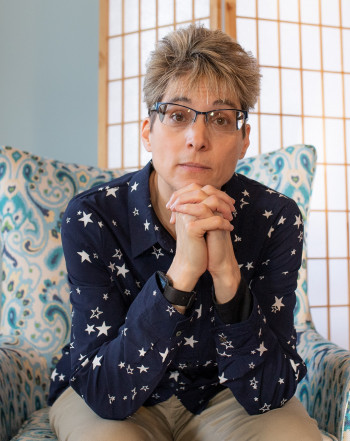 “One of the challenges that we have culturally and societally in dealing with death, and grief as well, is that we see it as a process that leads somewhere. And that’s really counterintuitive to what is needed in the moment of anguish, if you will, or what’s needed in the moment of recognition.”
“One of the challenges that we have culturally and societally in dealing with death, and grief as well, is that we see it as a process that leads somewhere. And that’s really counterintuitive to what is needed in the moment of anguish, if you will, or what’s needed in the moment of recognition.”
Miranda helps clients – people facing death or their loved ones – by listening, asking questions, delving into what is important to them under the circumstances. She takes it slow – “this is not a process that can be rushed” – and “a lot of those values, a lot of those concerns, a lot of those wishes will emerge.”
Her role, she said, is to “be a companion, to be a guide, to be a witness and to really help the person ask the question and live into the answers. I could tell you what I think and it doesn’t mean anything. … Allowing them to ask and answer their own questions brings them closer to what they value, to what is important to them, to them owning their perspective on death and their perspective on the relationships they have with others in the process of dying.”
Ideally, people should make decisions about their death when they’re healthy, and she works with healthy clients who are doing just that, she said. “We’re biological entities; we can’t really control how the body dies. But we can think about quality of life and end of life, so that’s a large part of what I try to do with individuals and families, even before a diagnosis.”
She asks clients, “What does a good death look like for you? What would it mean for you to have a peaceful death, to have a loving death? And so talking about what you want your family to know, who is the person who will make decisions for you when you can’t – that’s really called the advanced care planning process. And that’s a large part of what I do with individuals and families.”
But “the fundamental hurdle is people don’t want to talk about death,” she said. “We’re afraid of it. We’ve stigmatized it. We made it uncomfortable.”
A good death, she said, “is well prepared. … All those things that we need and want to say in terms of closure, with those other parts of our life, those become possible when we think about death. I think when we become more in control of all the parts we can control – obviously we can’t control how the body dies – we can control our mind, our spirit, our attitude. When we have that control, fear lessens. …
“All of the work that we have to do toward a peaceful death is within … There are wonderful resources about death and dying, but there’s no better expert on your life than you.”
DePauw Magazine
Spring 2021
 Leaders the World Needs
Leaders the World Needs First Person by Nate Spangle ’19
First Person by Nate Spangle ’19 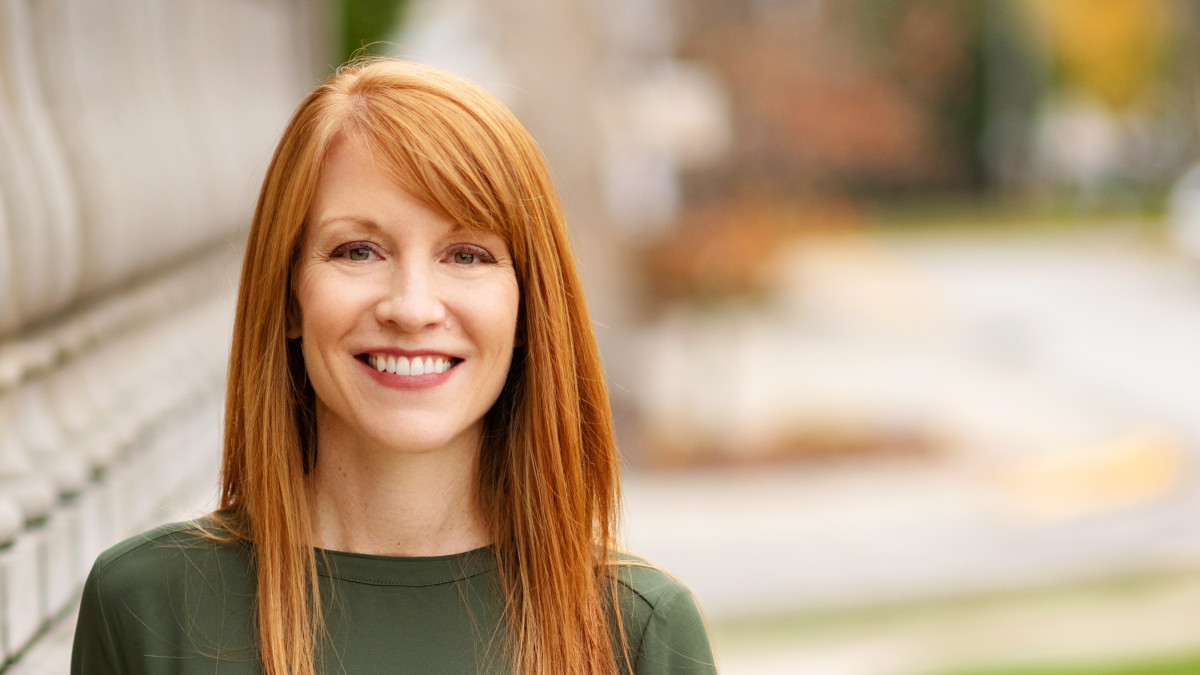 The Bo(u)lder Question
The Bo(u)lder Question 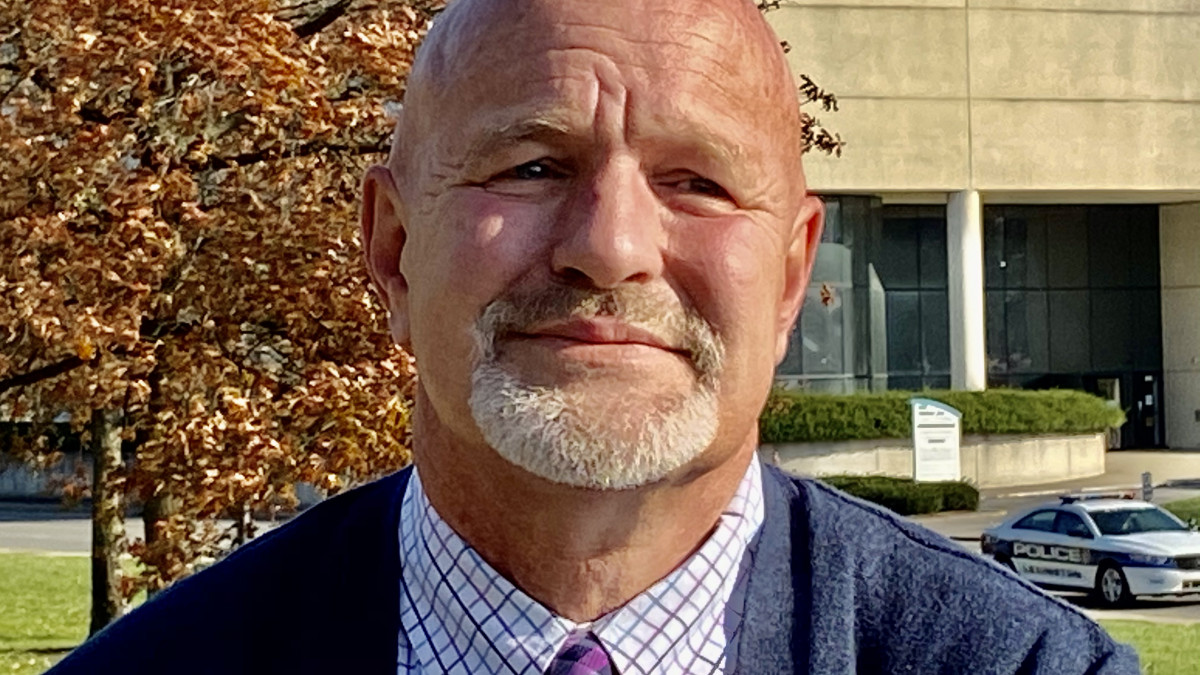 How to reckon with the past
How to reckon with the past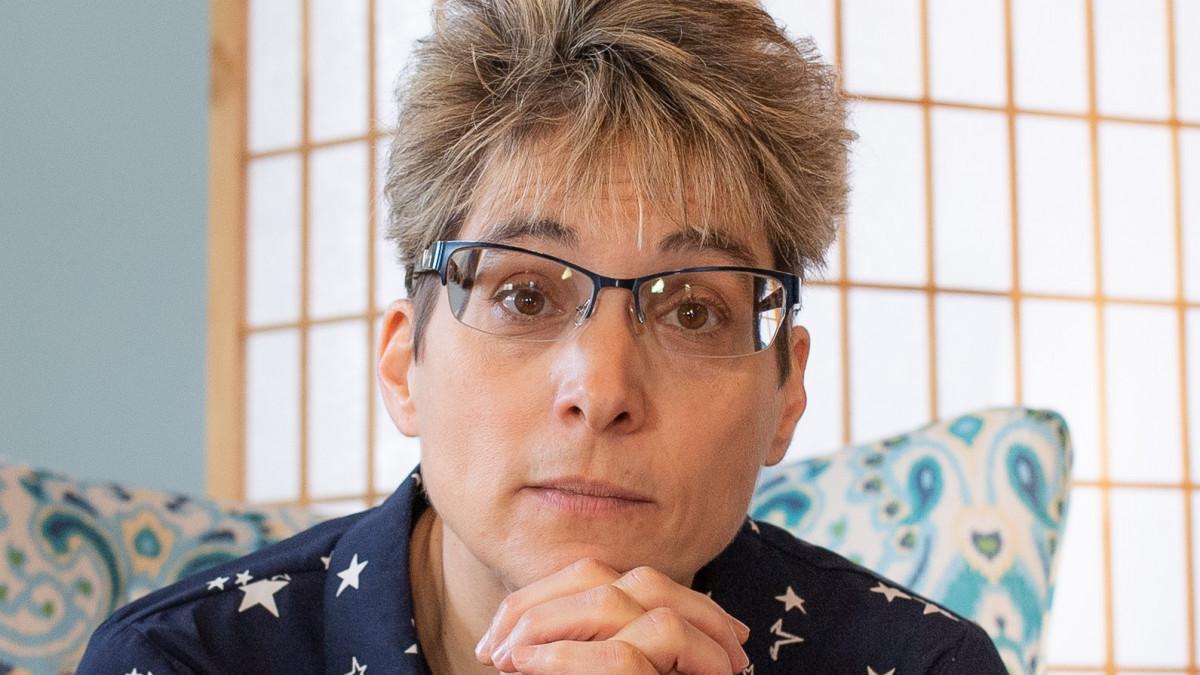 How to die peacefully
How to die peacefully How to be creative in a crisis
How to be creative in a crisis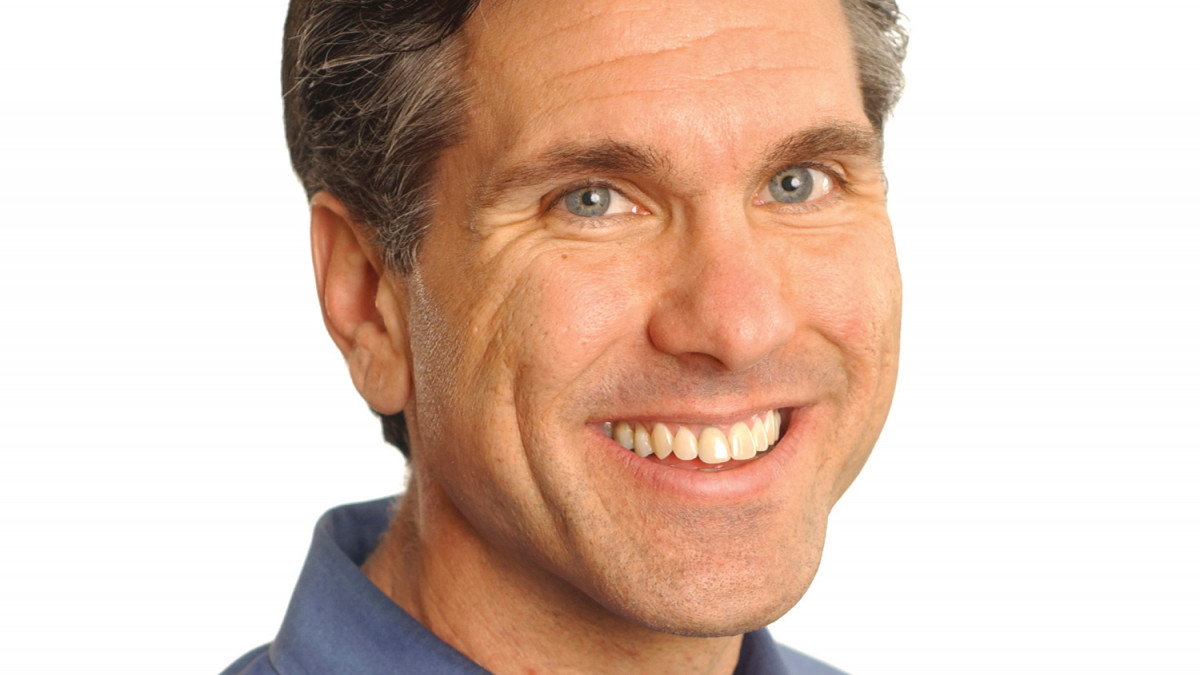 How to do well by doing good
How to do well by doing good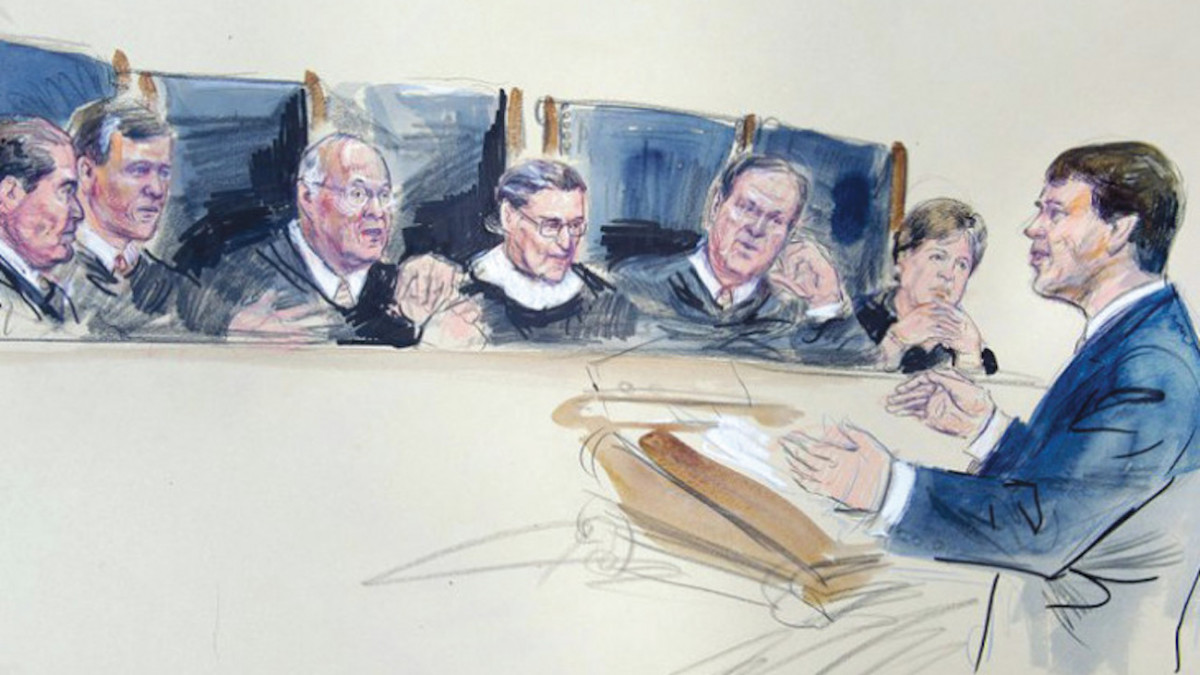 How to argue before the Supreme Court
How to argue before the Supreme Court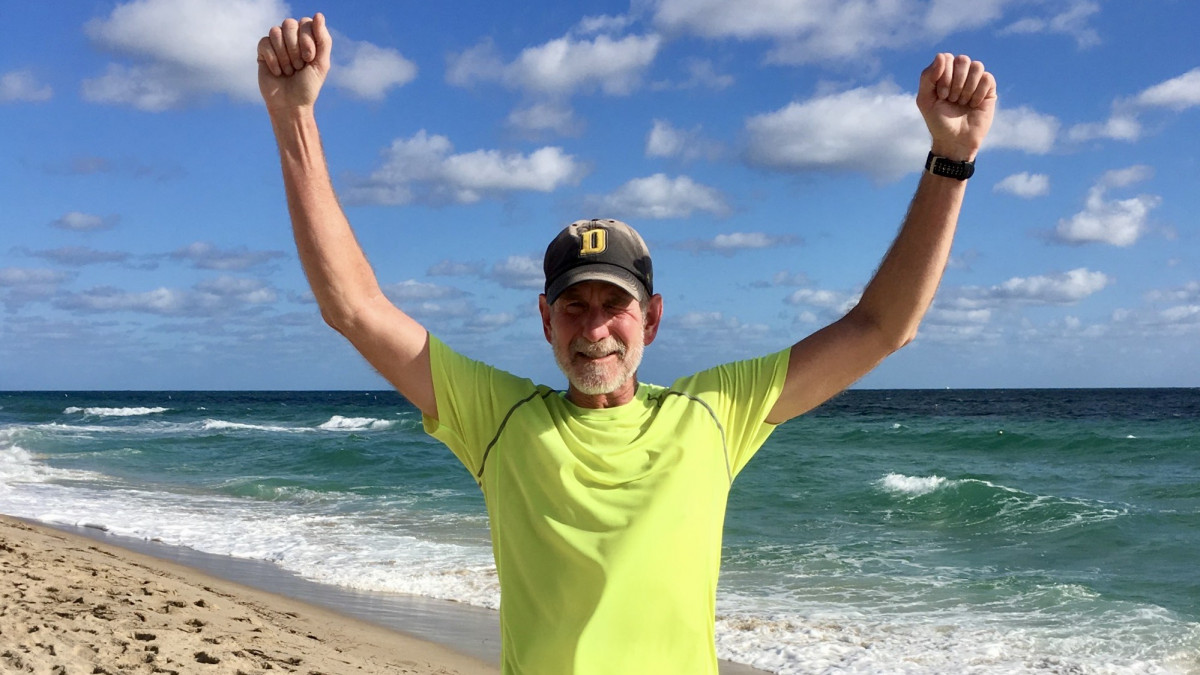 How to run for your life
How to run for your life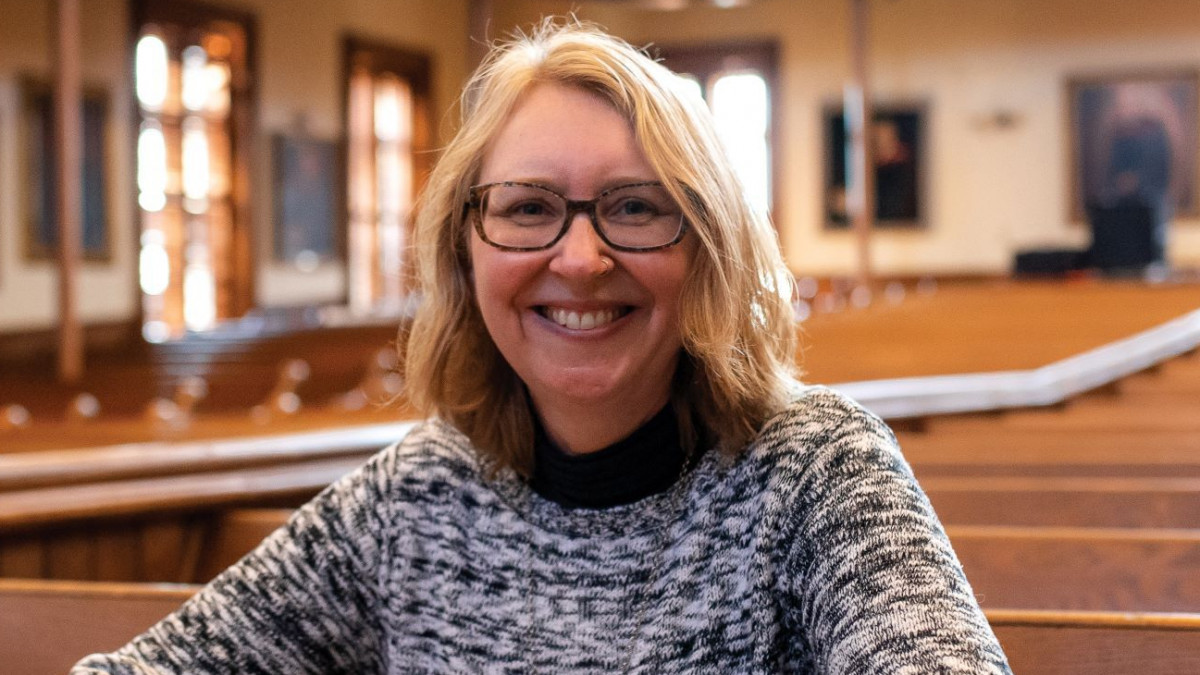 How to write a love letter
How to write a love letter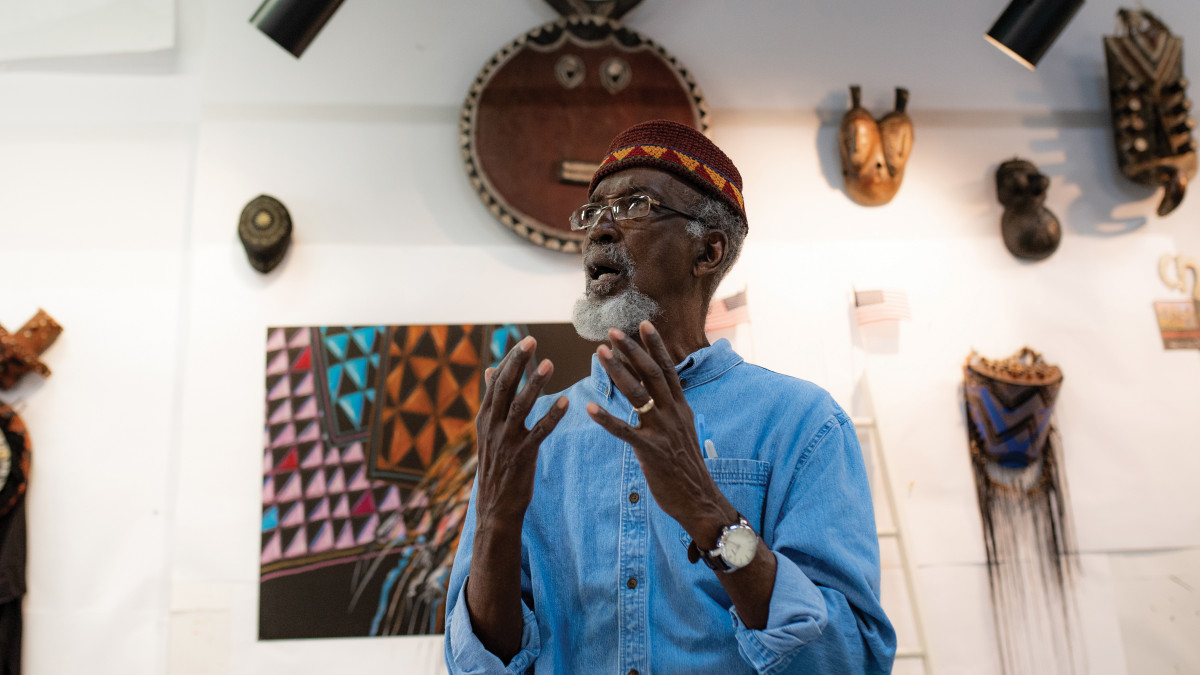 How to create art
How to create art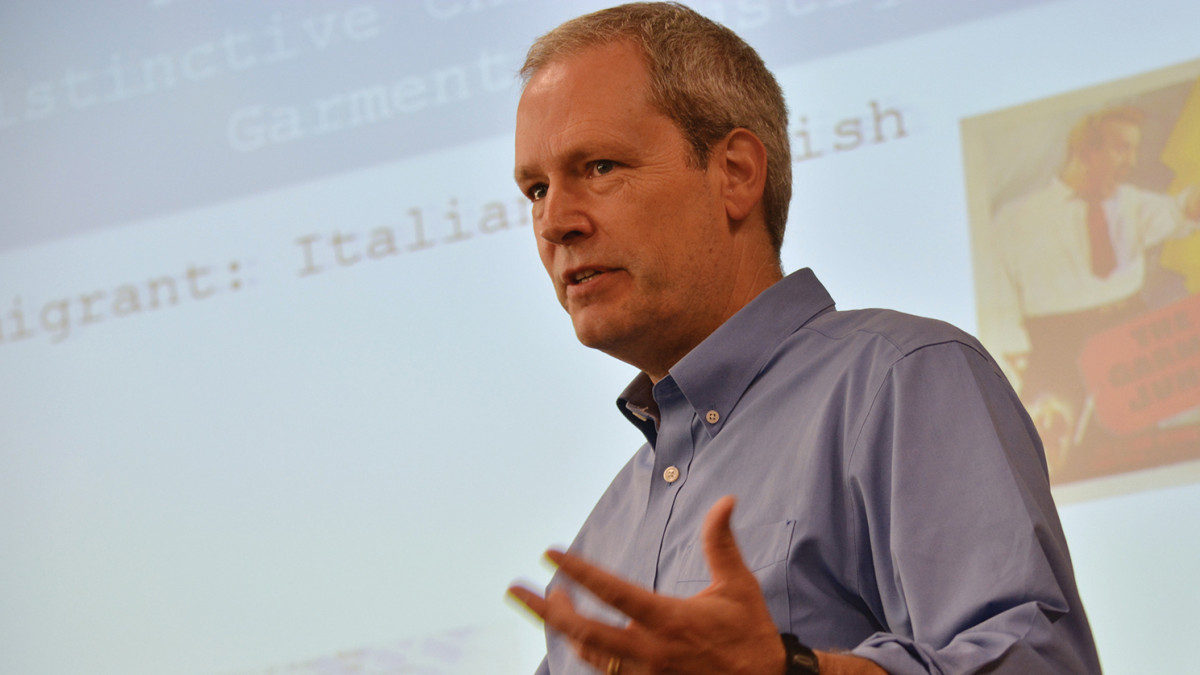 How to find Jimmy Hoffa
How to find Jimmy Hoffa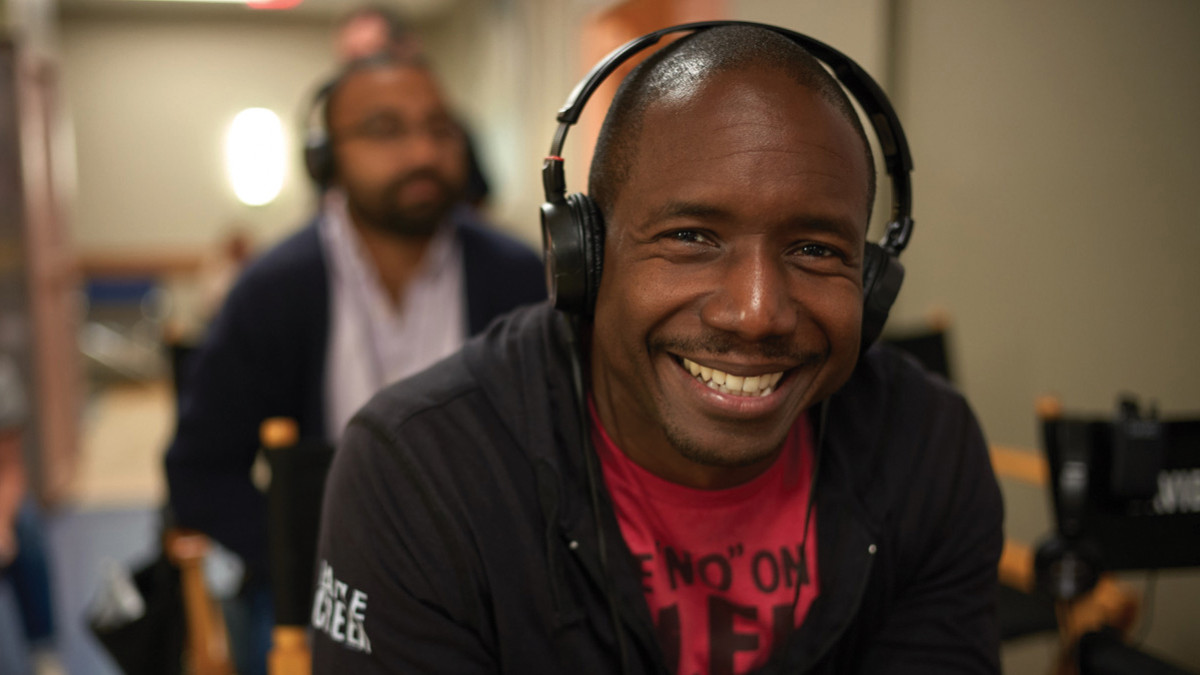 How to break into TV
How to break into TV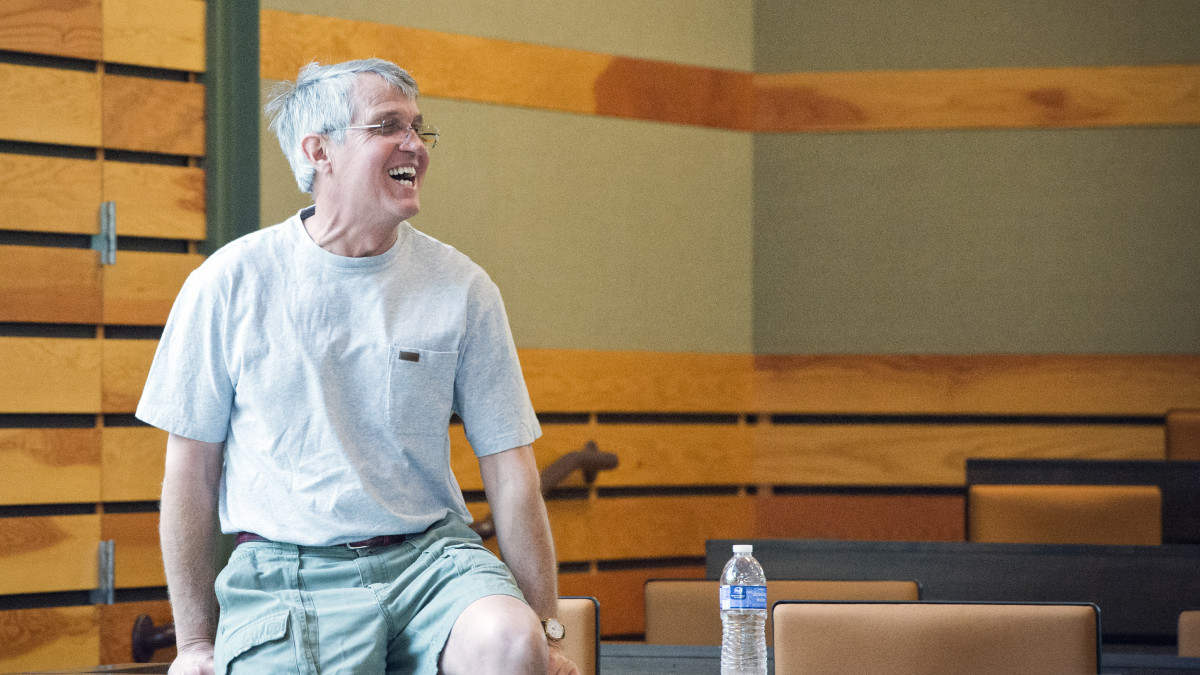 How to be happy
How to be happy 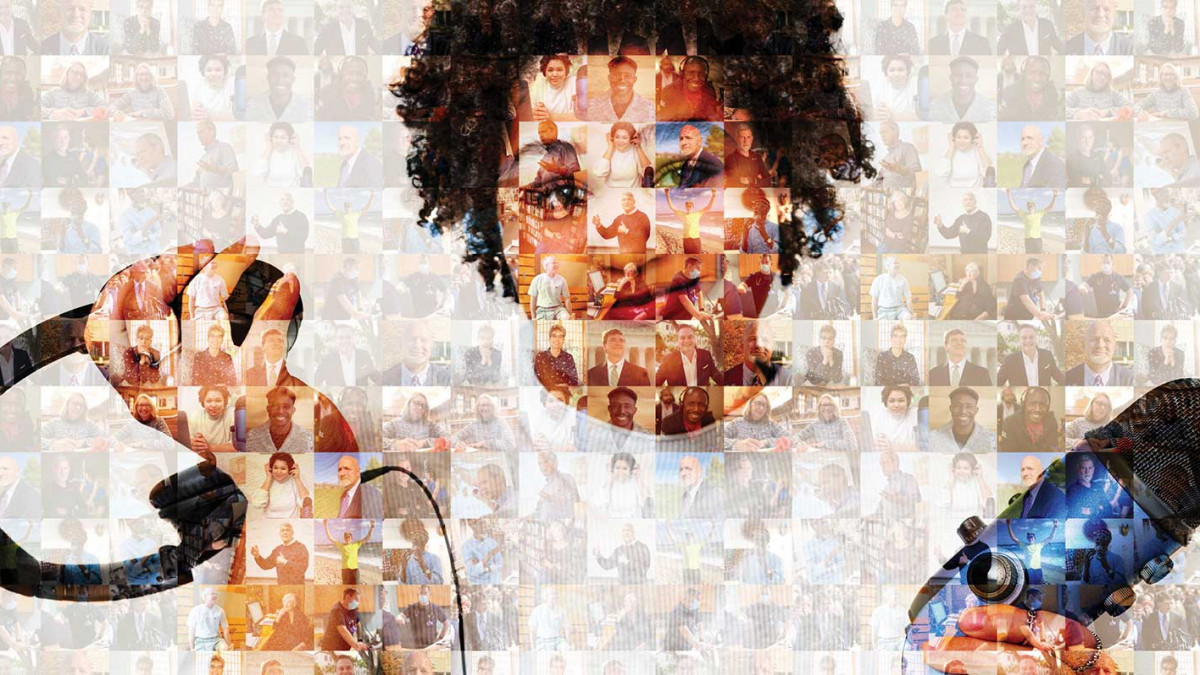 DePauw Magazine: The How-To Issue
DePauw Magazine: The How-To Issue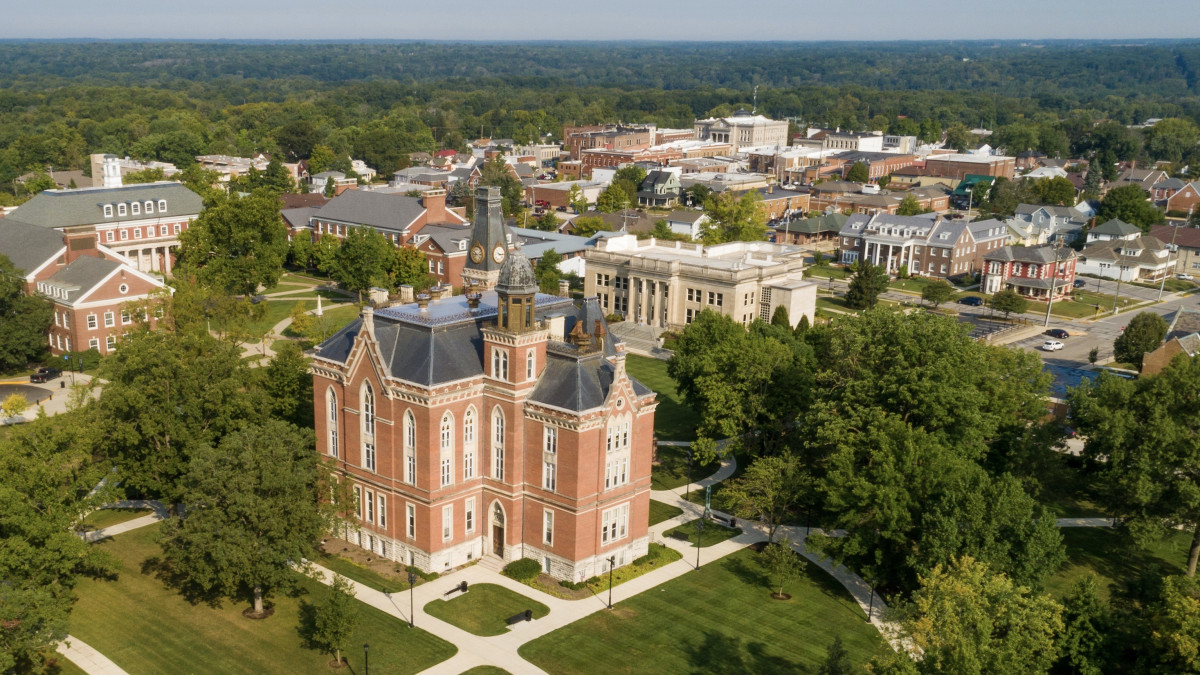 Town-gown: How to find common ground on common ground
Town-gown: How to find common ground on common ground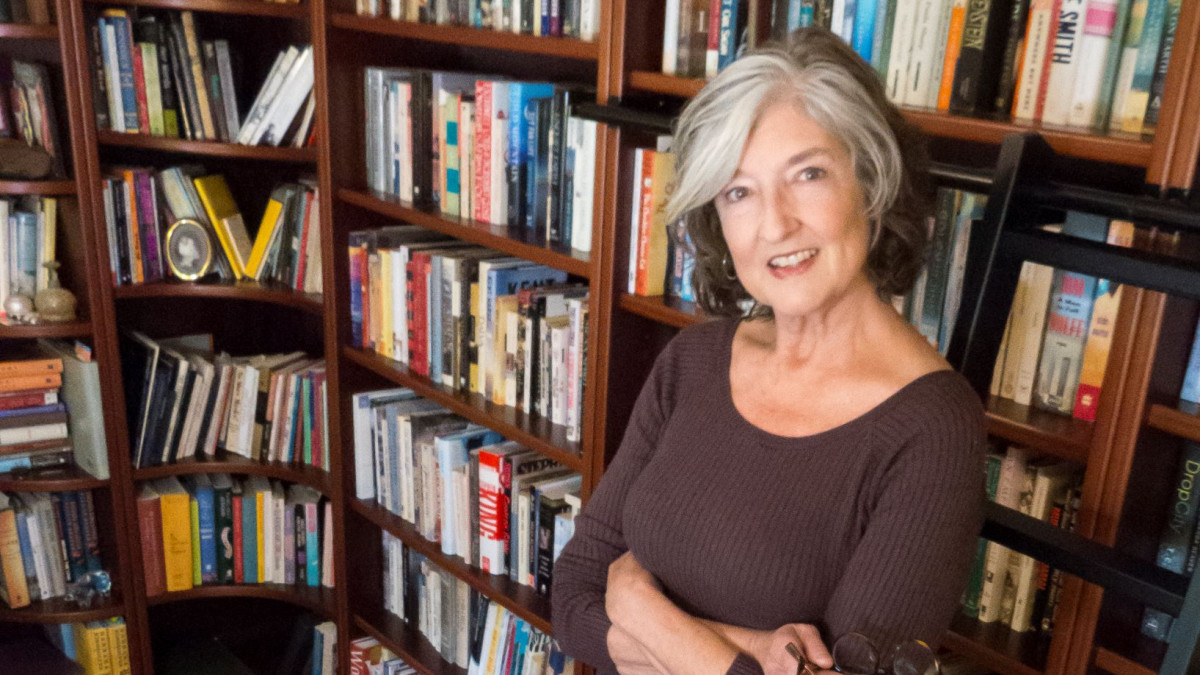 How to write a bestseller
How to write a bestseller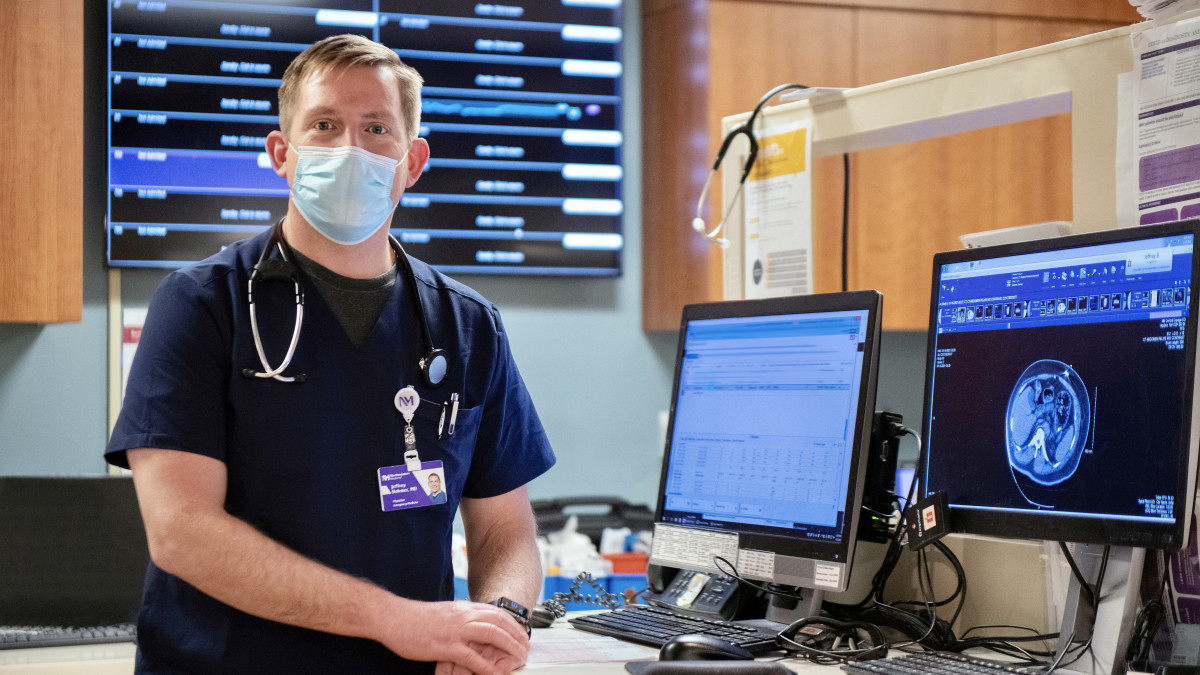 How to save a life
How to save a life
DePauw Stories
A GATHERING PLACE FOR STORYTELLING ABOUT DEPAUW UNIVERSITY
Browse other stories
-
Athletics
-
Football - DePauw-Record 190 Student-Athletes Named to NCAC's Dr. Gordon Collins Scholar-Athlete Honor Roll
-
Football - 336 Students Named to 2025 Spring Tiger Pride Honor Roll
-
Football - DePauw Unveils 2025 Athletics Hall of Fame Class
More Athletics
-
-
News
-
Alumni News Roundup - June 6, 2025
-
Transition and Transformation: Inside the First-Year Experience
-
Alumni News Roundup - May 21, 2025
More News
-
-
People & Profiles
-
11 alums make list of influential Hoosiers
-
DePauw welcomes Dr. Manal Shalaby as Fulbright Scholar-in-Residence
-
DePauw Names New Vice President for Communications and Strategy and Chief of Staff
More People & Profiles
-
-
Have a story idea?
Whether we are writing about the intellectual challenge of our classrooms, a campus life that builds leadership, incredible faculty achievements or the seemingly endless stories of alumni success, we think DePauw has some fun stories to tell.
-
Communications & Marketing
101 E. Seminary St.
Greencastle, IN, 46135-0037
communicate@depauw.eduNews and Media
-
News media: For help with a story, contact:
Bob Weaver, Senior Director of Communications.
bobweaver@depauw.edu.